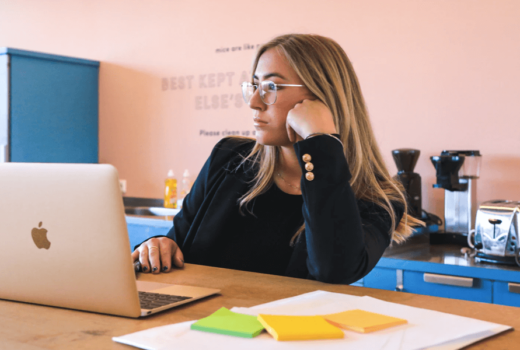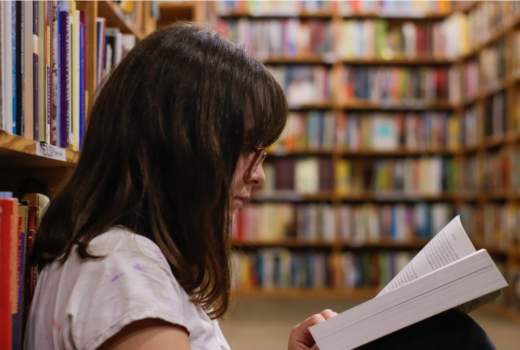“Not everything that is countable counts”

Several countries including the Netherlands are struggling with selection criteria for students. How to get the right student at the right place? Do strict selection criteria contribute to higher study success? Karina Ufert, former ESU chair thinks that she would never be selected for a study, based on her profile. “For me personally that wouldn’t have worked. My parents don’t have a degree in higher education and none of my grandparents studied as well. This means that when I was eighteen, I didn’t have any idea how academia worked.”
The diversity bottleneck also applied to Ufert. “When I was young I didn’t speak the national language Lithuanian. We spoke German in our family. This disadvantage in language combined with the fact that I didn’t know what to expect, I don’t think I would have passed an exam like that. But that doesn’t mean I’m not fit for higher education. People that these design policies like this should take a step back and not only focus on what should work, but put people central to their policy.”
Kindergarten Bildung
“We have to keep in mind, both selection and trying to quantify a good student that not everything that is countable counts. There should be space in education for mistakes.” Karina Ufert pleads for more Bildung in education, a broader development that starts on a very early age. These pupils will be developed more broadly and will hopefully have a better understanding of different fields of study. This kind of student might make selection redundant.
“I’m a supporter of liberal art schools in which students have the opportunity to experience a rich variety of courses and skills and where they are allowed to make some mistakes. Art or music classes, for example could help students with learning difficulties to open up. It could also give confidence to shier pupils, they might realize that they have hidden talents. It would be great if pupils from a young age on could experience all these different sides of education.”
Meest Gelezen
Vrouwen houden universiteit draaiende, maar krijgen daarvoor geen waardering
Wederom intimidatie van journalisten door universiteit, nu in Delft
Hbo-docent wil wel rolmodel zijn, maar niet eigen moreel kompas opdringen
‘Burgerschapsonderwijs moet ook verplicht worden in hbo en wo’
Raad van State: laat taaltoets nog niet gelden voor hbo-opleidingen



